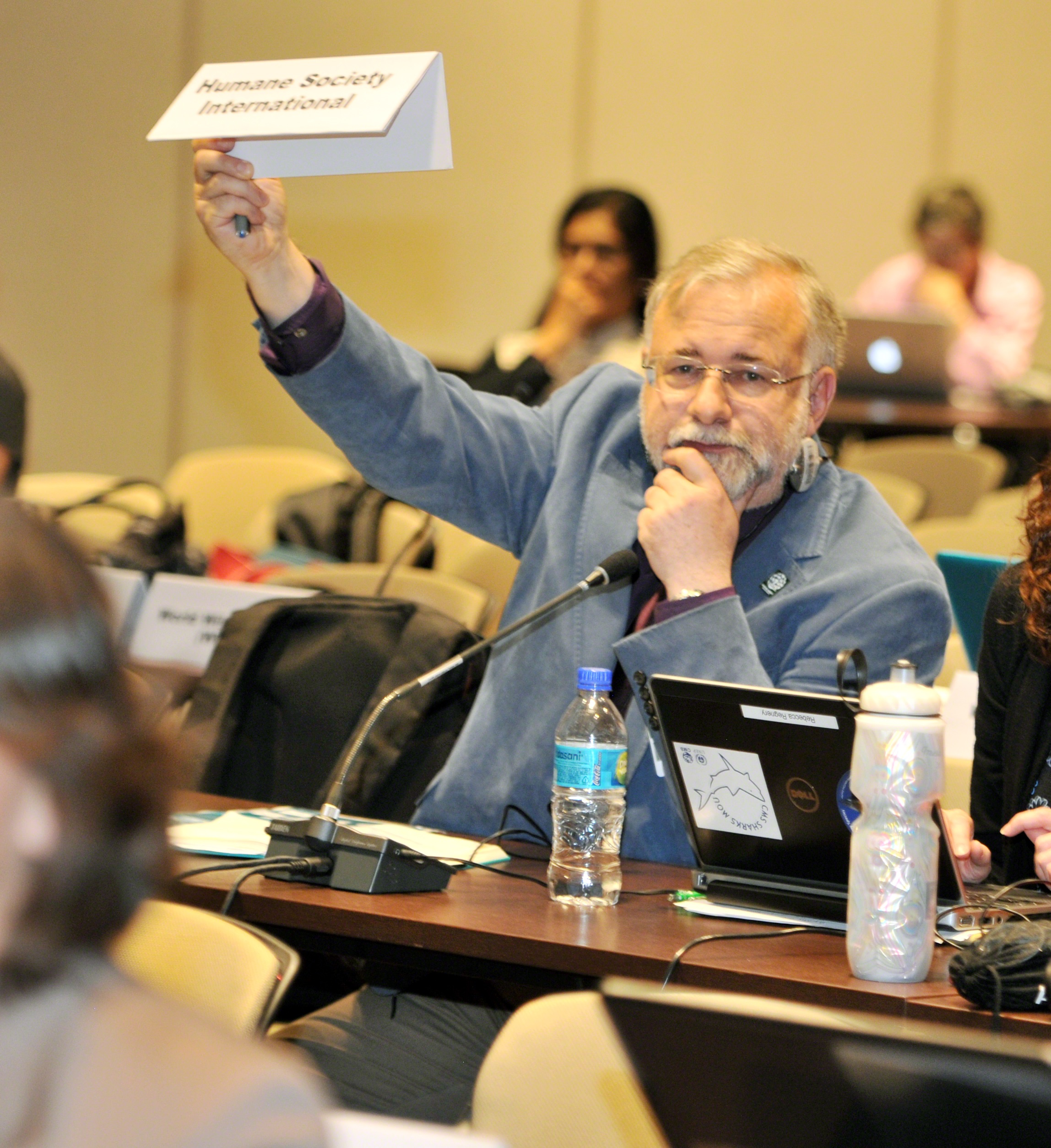June 2019
There seems to have been a long period of relative quiet since the initial flurry of concern surrounding Japan’s announcement on December 26th last year that it would leave the International Whaling Commission (IWC), cease its ‘scientific whaling’ and launch a new overtly commercial whaling programme in part of the North Pacific. At the same time, Japan said it would stop whaling in the Southern Ocean and would restrict its whale killing to its own waters.
Shortly after Tokyo’s announcement, a chorus of voices joined in expressing concern, including British and other politicians. Then came months with little news as Japan served out the required six months of notice prior to leaving the IWC. This relative silence was punctuated by Japanese media reports showing that Japan was killing the very last animals it could under the lethal ‘research quotas’ it had previously awarded itself.
Then, a few days ago, Japan released a statement via an IWC meeting about its planned new programme, confirming that it would take sei, Bryde’s and common minke whales, unsurprisingly the same species that it had been taking in its North Pacific expeditions.
What’s really going on here? Here’s what you need to know.
1. Whale meat is not an important staple in Japan, nor is the whale meat market economically significant. There are strong currents of opposition to whaling among Japan’s citizens. Against this reality, Japan’s government continues to subsidize and support the whaling industry for reasons that are far from clear.
2. Meanwhile there remain very good reasons why the global moratorium on commercial whaling remains in place – reasons that include unresolved concerns about whale welfare and conservation - and Japan’s actions go straight against the grain of world opinion on this issue.
3. Almost since the start of the IWC’s moratorium on commercial whaling, agreed in 1982, as an essential measure to protect dwindling populations, Japan has taken advantage of a loophole in the IWC’s founding resolution that in theory allows any IWC member nation to kill whales for research. Japan is now ending its two annual ‘research’ hunts - in the North Pacific and Southern Ocean – which have been robustly condemned.
4. Japan now plans a series of new hunts in its Exclusive Economic Zone that it admits is purely commercial. This means that Japan is now stepping outside of international law and undermining the very body entrusted with managing whale conservation and whaling worldwide. Effectively, Japan will now become a pirate whaling nation. Whilst we can celebrate that Japan will no longer take whales in the Southern Ocean (at least for now) there is certainly the risk that Japan’s moves will inspire other countries to start issuing their own quotas and whaling in their own waters, flaunting the moratorium in like manner. It is important that the community of nations hold firm on the principle that Japan is flaunting international law.
5. Apart from its geographic limits, Japan has indicated that it will only take from what it describes as plentiful populations and that its quotas will be set according to the IWC’s quota calculation rules, but it will do so without any independent oversight.
At its heart, this is a new strategic play from Japan. Thwarted for decades at the IWC in its continuous efforts to overthrow the moratorium, Japan has now chosen to stand outside of international law. It is wrong to do so, but not simply because whales, at least in the North Pacific, will continue to suffer. It is also wrong because the highest level of international collaboration is needed to save our planet’s biodiversity. Sadly, and tragically, Japan has taken one huge stride in totally the wrong direction.
Follow at @HSIGlobal
The opinions expressed in this blog are the author's and not necessarily those of the wider Link membership.




Latest Blog Posts